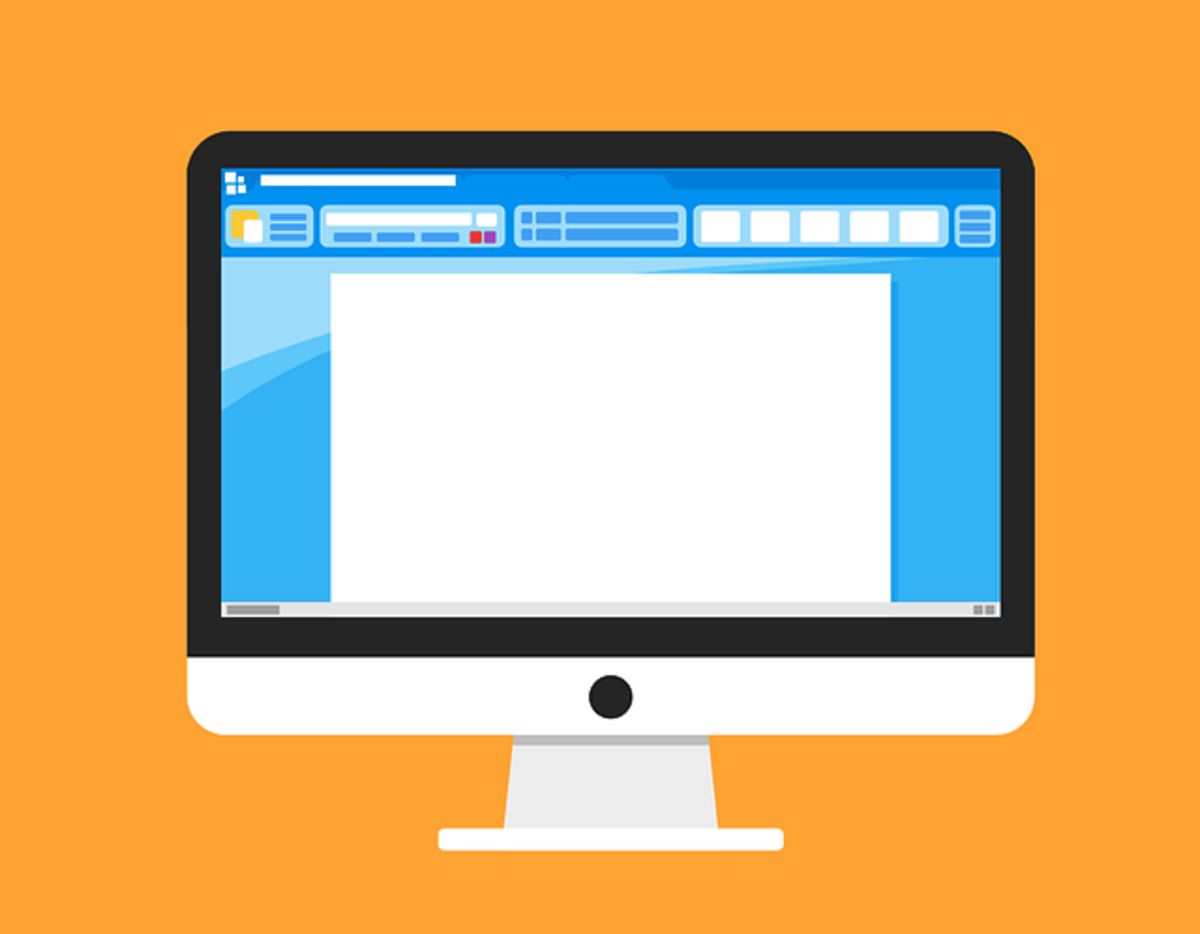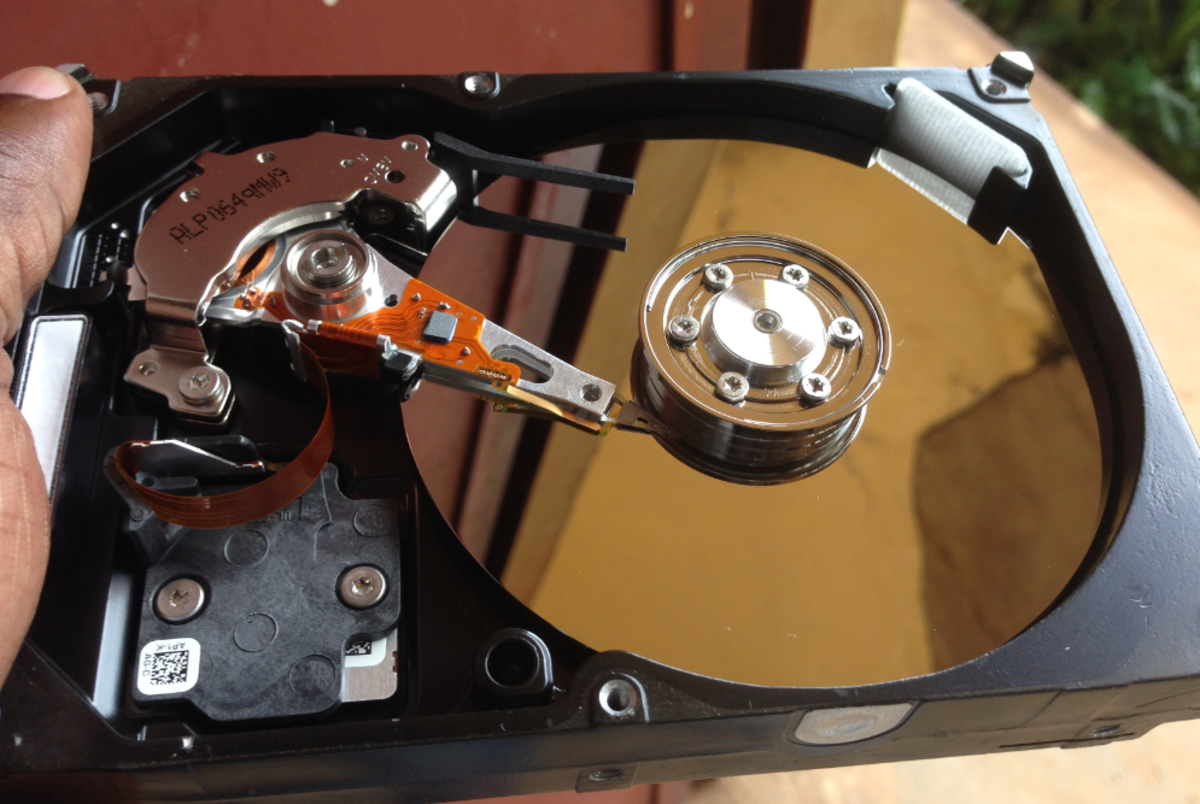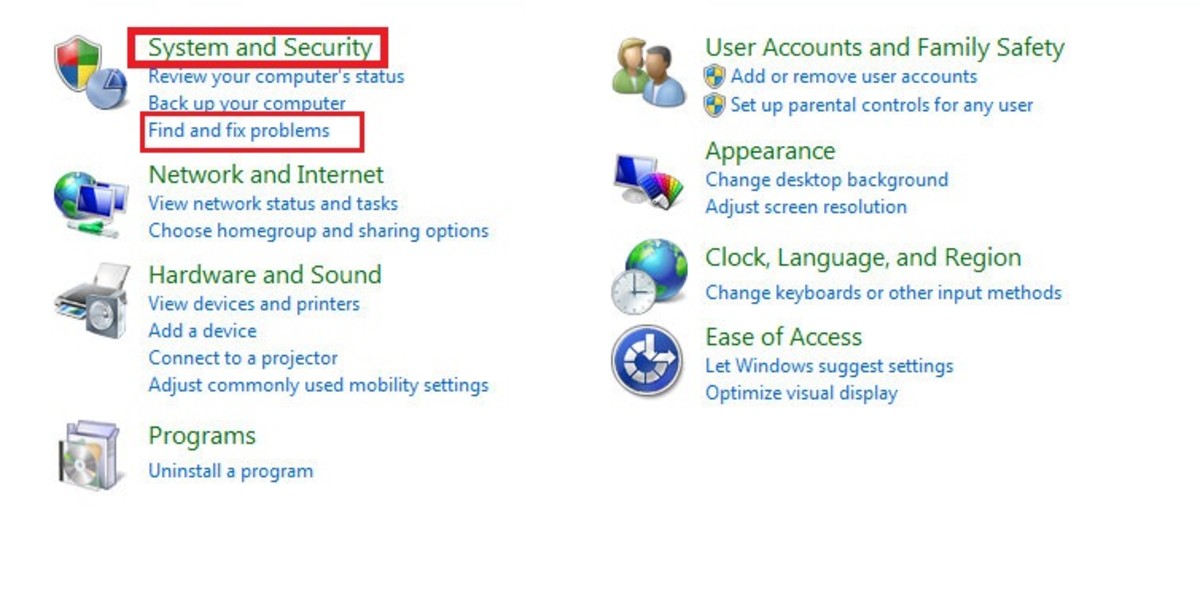Peer-to-Peer File Sharing Technology
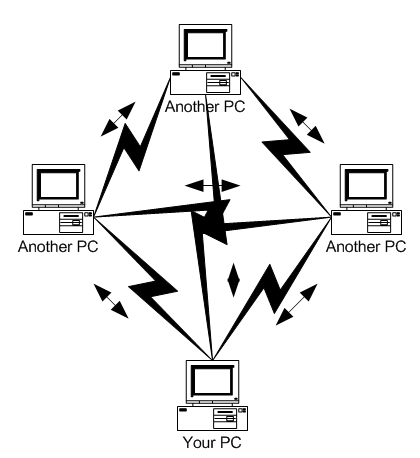
Sharing files over the internet has become really popular in recent years. One of the most popular ways to share files is by the using peer-to-peer technology. Peer-to-peer allows us to share files with other people, like our friends or even complete strangers.
However, you have to be careful because file sharing, as well as file downloading, often breaks copyright laws, so before you start sharing or downloading certain files make sure you are not breaking the law.
While there hasn’t been a ton of prosecution for breaking copyright laws, some companies are really starting to crack down.
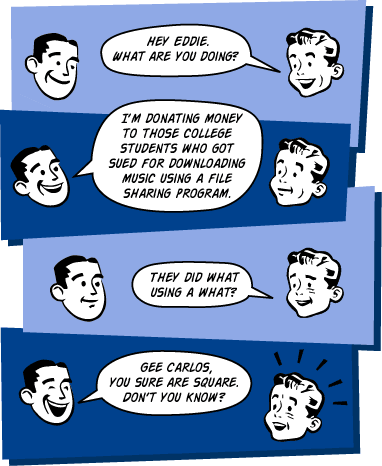
How is it done?
First, in order to start sharing files with the use of P2P (peer-to-peer) technology, you have to join a network of people who are also willing to share files. This is can be done by installing one of the many file sharing software programs available (you can find many downloadable versions online). After installing the software, you need to create an account. You will have to specify the directory of files you would like to share with others.
Just to clarify: other people won’t have access to your computer, only to the directory of files you want to share with them. After setting up the software program, you are ready to start. Simply do a search for what you are looking for to see if anyone from the network has it. Again, make sure you are not breaking any copyright laws.
How does P2P work?
For traditional based networks, there is a centralized server that everyone needs to connect to in order to be in the network. The disadvantage of this system is that when the server fails, the network stops working. In the peer-to-peer network, each network user becomes a “server.” This means each user of the network is connected to all of the other users, and vice-versa. The advantage of this system is that when one user (“server”) stops working, the network is still functioning because other users are also acting as “servers.”
P2P has become popular mainly for the use of file sharing and, unfortunately, internet piracy. Many P2P networks became legitimate, such as Napster. Peer-to-Peer has many advantages, so hopefully we will be able to us them more some day.

